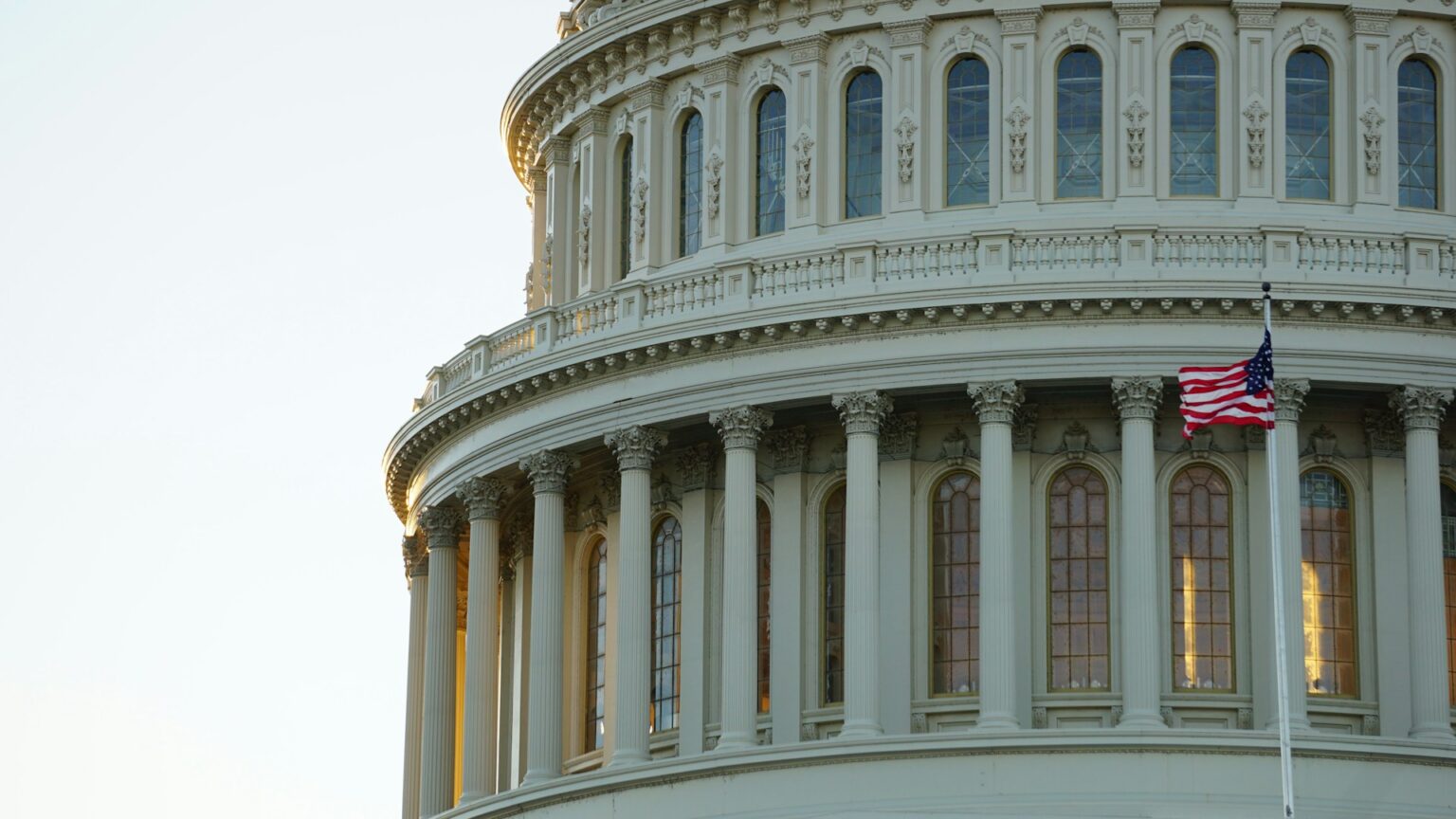In the rapidly evolving world of digital finance, understanding the dynamics of cryptocurrency regulation has become crucial. This landscape is continuously shaped by policies and legislation influenced both by technology innovations and political agendas. Recent debates in the United States exemplify how regulatory frameworks can pivot dramatically based on governmental changes. A vivid example is the recent signing of the GENIUS Act, which has sparked significant discussion and controversy among policymakers and the public alike.
Understanding the Controversy Surrounding the GENIUS Act
Legislation and Its Impact on the Crypto Industry
A recent bill, the Guiding and Establishing National Innovation for US Stablecoins (GENIUS) Act, has introduced a new regulatory framework aimed at stabilizing the digital assets market in the United States. This law, enacted under the Trump administration, seeks to place stablecoins under the purview of Federal Reserve Rules, promising a conducive environment for growth and innovation. However, the Act has faced criticism, particularly from Democratic Senator Elizabeth Warren, who argued that such industry-driven legislation could lead to adverse consequences for the American public.
Democrat Opposition to Industry-Designed Legislation
In a candid interview with Vanity Fair, Senator Warren expressed her concerns about the GENIUS Act, emphasizing the need for a balanced approach that prioritizes public interest over industry influence. She contended that the regulatory framework was heavily influenced by industry players, undermining the potential for robust oversight. Warren highlighted the historical parallel with the Commodity Futures Modernization Act of 2000, which she believes contributed to the 2008 financial crisis by favoring industry interests over public protection.
The Role of Lobbying and Political Influence
The influence of lobbying within Washington has been thrust into the spotlight, with reports indicating significant financial investments by Super Political Action Committees (PACs) in pro-crypto candidates. This spending has fueled concerns about the potential for crypto policies to be swayed by financial interests rather than public welfare. Senator Warren pointed out that such financial maneuvers could result in legislation that primarily benefits a select few, leaving the broader population to bear the costs.
Is the GENIUS Act Beneficial for the Crypto Sector?
Despite criticisms, some industry leaders, like Fred Thiel, CEO of MARA Holdings, view the GENIUS Act as a positive step towards global leadership in digital asset regulation. Thiel argues that the Act could enhance trust and facilitate a freer market environment in the U.S., thus advancing the nation’s position in the global digital economy.
The Broader Implications for U.S. Crypto Policy
Beyond the immediate impact of the GENIUS Act, broader implications for U.S. digital asset policy remain. The Act has prompted discussions about the future role of cryptocurrency in the American economy and the need for comprehensive legislation that balances innovation with consumer protection.
How Does the GENIUS Act Influence Global Crypto Dynamics?
The passage of the GENIUS Act is seen as a pivotal moment, showcasing the U.S.’s intent to lead in establishing a global regulatory framework for digital currencies. This move could inspire other countries to adopt similar or even more stringent regulations, affecting international crypto markets.
What Are the Potential Risks of Regulatory Shifts?
Regulatory changes, such as those seen with the GENIUS Act, come with inherent risks. These shifts can create uncertainty within the market, impacting investor confidence and potentially leading to volatility. It is crucial for new laws to be carefully crafted to mitigate these risks while promoting stability and growth.
What Should Investors Consider Before Entering the Crypto Market?
Investors must conduct thorough research and remain informed about legislative changes and market trends. Utilizing platforms like Finances Zippy can provide real-time insights and expert analysis to help investors make more informed decisions in the rapidly changing crypto environment.
In conclusion, the discourse surrounding the GENIUS Act highlights the complex interplay between regulation, industry interests, and public welfare. As the digital finance landscape continues to evolve, informed and balanced policies will be essential for fostering a secure and innovative economic future.

